PCT11: Theorizing Italy
About
This group focuses on Italian philosophical thought across historical periods. It attempts to bring together faculty and students across the humanities to discuss and think about the most important questions concerning Italian philosophical thinking.
Active since: 2018
Closed Group of Collaborators
- Syracuse University
- Cornell University
- University of Rochester
- Rochester Institute of Technology
Collaborative Goals
Our collaborative goals are to organize open events (conferences, symposia, seminars, roundtables) and possibly generate related individual or collective publications geared to promoting knowledge of, critical discussions on, and overall interest in important figures and themes in the Italian philosophical tradition among ourselves, students, colleagues, and the larger community.
Group Organizers
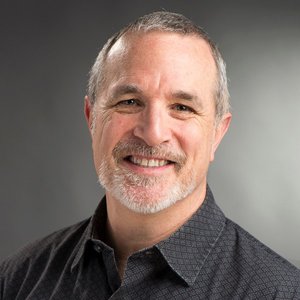
Brian Schroeder
Professor and Chair of Philosophy; Director of Religious Studies, Rochester Institute of Technology
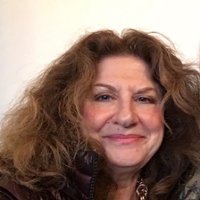
Donatella Stocchi-Perucchio
Arnold Lisio ’56, ‘61M (MD) and Anne Moore Lisio, MD Endowed Distinguished Professor in Italian Language and Culture; Associate Professor of Italian; Head, Italian Program, University of Rochester
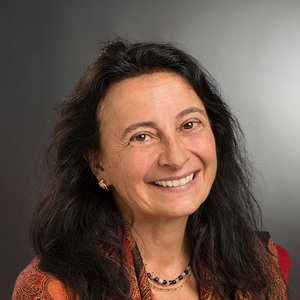
Silvia Benso
Professor, Philosophy; Director, Women's and Gender Studies Program, Rochester Institute of Technology
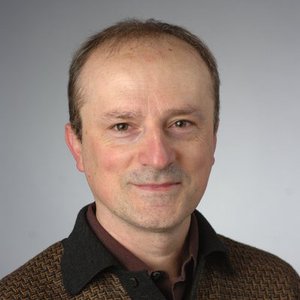
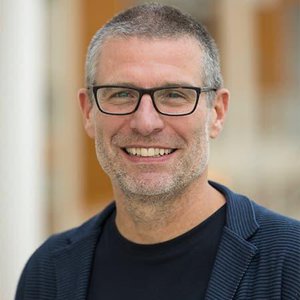
Group Members
- Michael Amy, Professor, School of Art, Rochester Institute of Technology
- Anne Leone, Assistant Professor, Languages, Literatures, and Linguistics, Syracuse University
- Adam Rosen-Carole, Adjunct Faculty, College of Liberal Arts, Rochester Institute of Technology
- Sara Armengot, Associate Professor of Modern Languages and Cultures, Rochester Institute of Technology
- Alex Bertland, Associate Professor of Philosophy, Niagara University
- Laurie Naranch, Associate Professor of Political Sciences, Siena College
- Timothy Madigan, Professor of Philosophy and Classical Studies, Saint John Fisher University
- Elvira Roncalli, Professor of Philosophy, Carroll College
- Peter Carravetta, Professor of Philosophy, SUNY at Stony Brook
- Antonio Calcagno, Professor of Philosophy, King's College at Western University, ON, Canada
- Alessandro Carrera, Professor of Italian Studies, University of Houston
- Travis Holloway, Assistant Professor of Philosophy, SUNY Farmingdale
- Alessandra Montalbano, Assistant Professor of Italian, University of Alabama
- David White, Professor Emeritus of Philosophy and Classical Studies, Saint John Fisher University
Activities
The End of the World, Geophilosophy, and Environmental Catastrophe
May 5, 2023, 3 p.m.